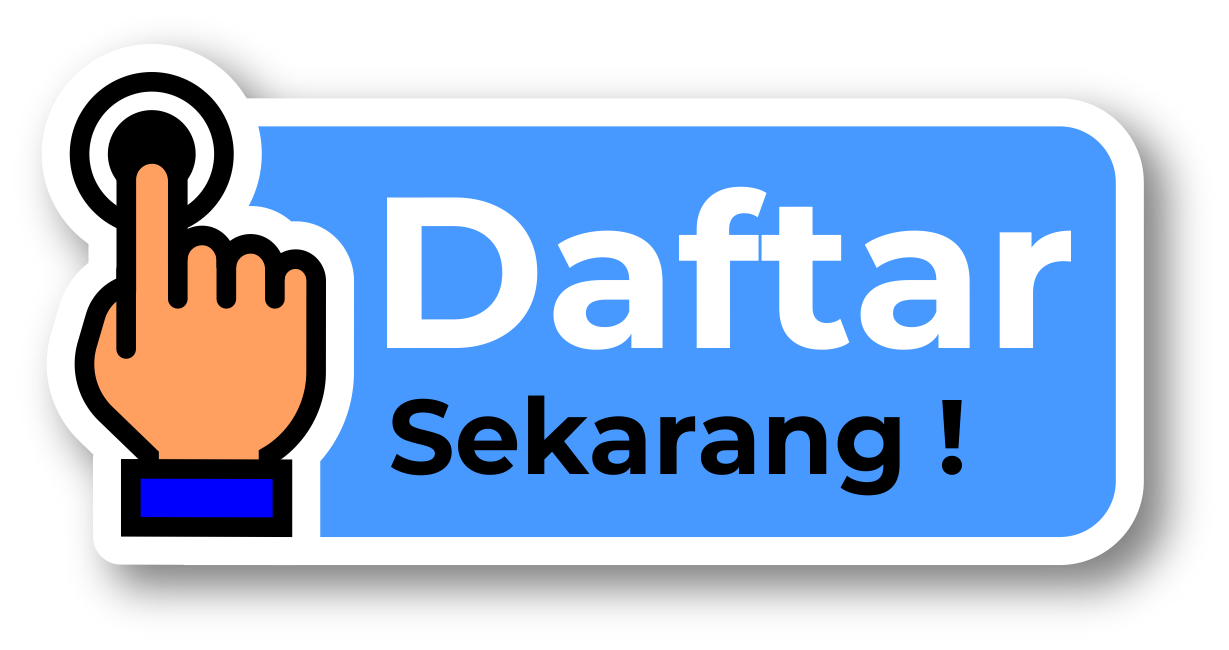| ..:: AKREDITASI JURNAL ::.. |
 |
| ..:: E-ISSN BARCODE ::.. |
 |
| ..:: MAIN MENU ::.. |
| Editorial Team |
| Peer - Reviewers |
| Focus and Scope |
| Peer - Reviewers Process |
| Publication Ethics |
| Authors Guide |
| Authors Fee |
| Plagiarism Policy |
| Archive Policy |
| Copyright and License |
| ..:: INFORMATION ::.. |
| Readers |
| Authors |
| Librarians |
| ..:: REGISTRATION ::.. |
 |
| ..:: TEMPLATE ::.. |
 |
 |
| ..:: TOOLS ::.. |
 |
 |
 |
| ..:: MEMBERS ::.. |
 |
 |
| ..:: STATISTICS ::.. |
Plagiarism Policy
The Editorial Team of the RISTEK Journal acknowledges that plagiarism is unacceptable and, therefore, establishes the following policy that outlines specific actions (penalties) when plagiarism is identified in an article submitted for publication in the RISTEK Journal.
Definition :
Plagiarism is the intentional or unintentional act of acquiring or attempting to acquire credit or value for a scholarly work by citing part or all of another person's work and/or scholarly work recognized as their own, without stating the source accurately and adequately.
Therefore :
Articles must be original, never been published before, and not in the process of awaiting publication elsewhere. Material taken verbally from other sources needs to be clearly identified so that it differs from the original text.
If plagiarism is identified, the Editor-in-Chief is responsible for reviewing the article and will approve actions according to the detected level of plagiarism, with the following guidelines:
Level of Plagiarism
- Copying short sentences from another article without citing the source. Action: The author is given a warning and asked to modify the text and cite it correctly.
- Copying a substantial part of another article without proper citation and without mentioning the source. Action: The submitted article is rejected for publication in the RISTEK Journal, and the author may be sanctioned from being allowed to publish in the RISTEK Journal.
All authors of articles are responsible for the content of the articles they submit.
If authors are found to submit a manuscript to the RISTEK Journal while simultaneously submitting it to another journal, and this overlap is discovered during the review process or after publication, then the action specified in point 2 above will be taken.
If plagiarism is found beyond the rules mentioned above, the editor of the RISTEK Journal has the right to take sanctions according to the editorial team's policy.
Plagiarism Tools











